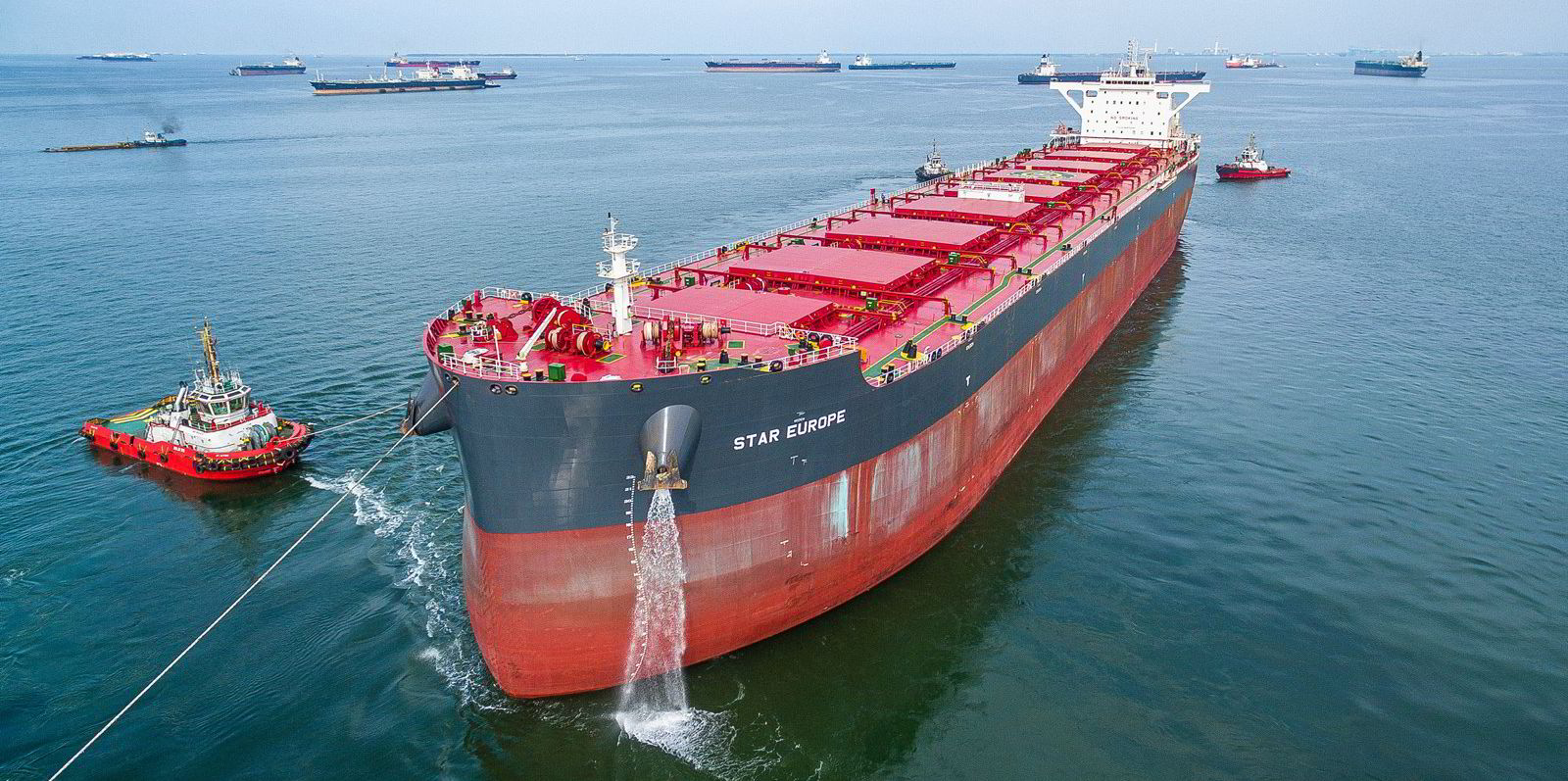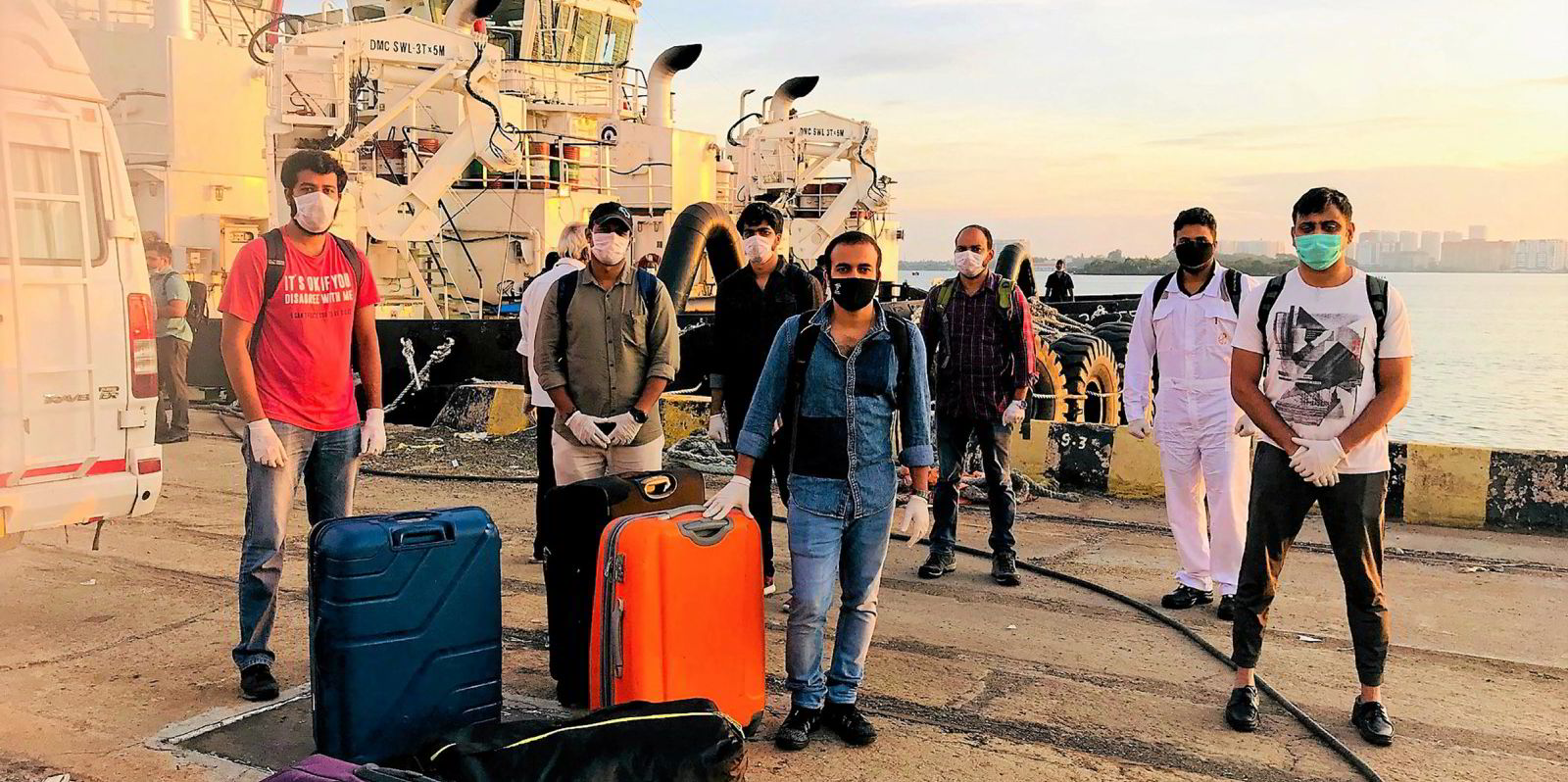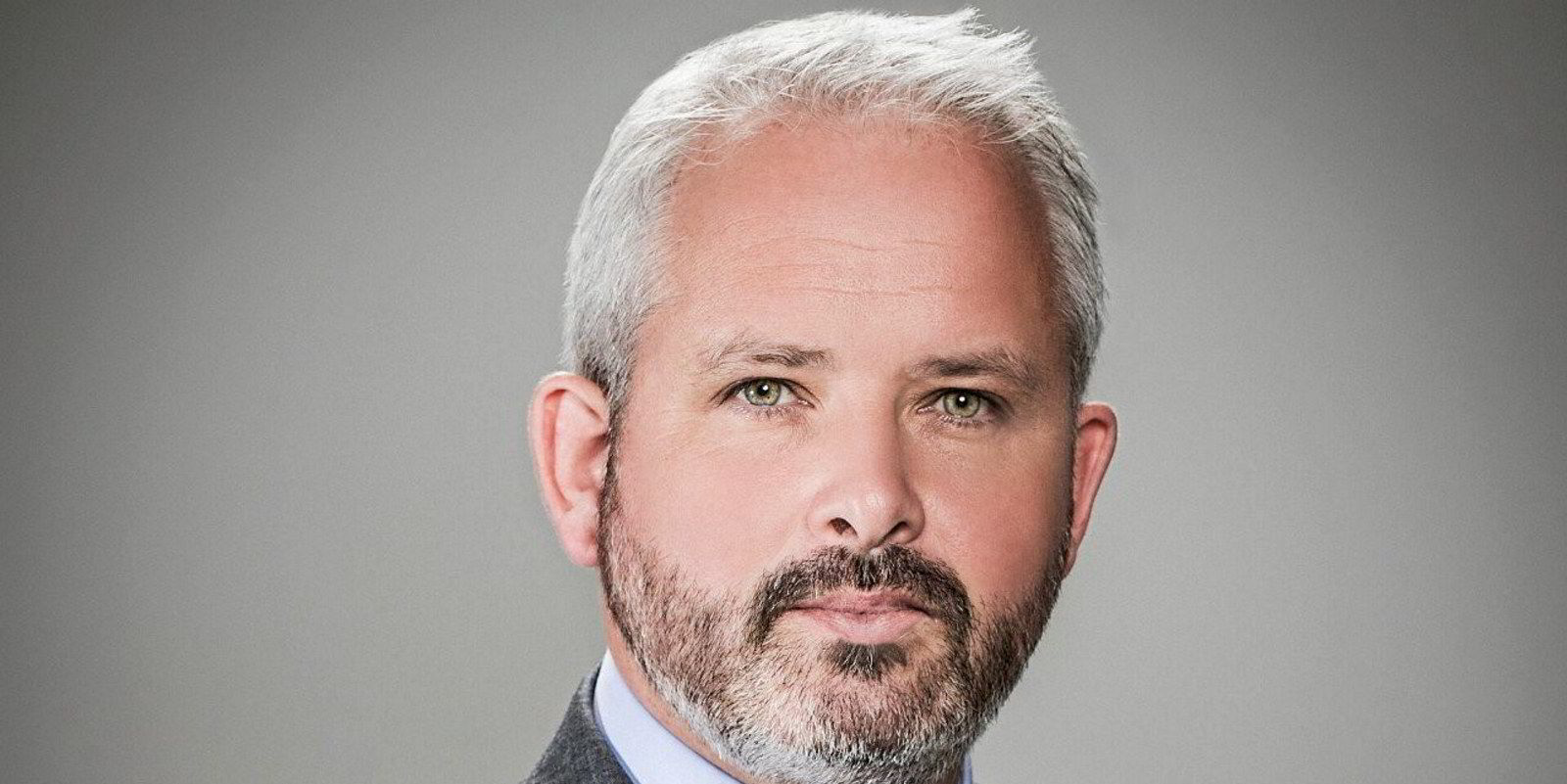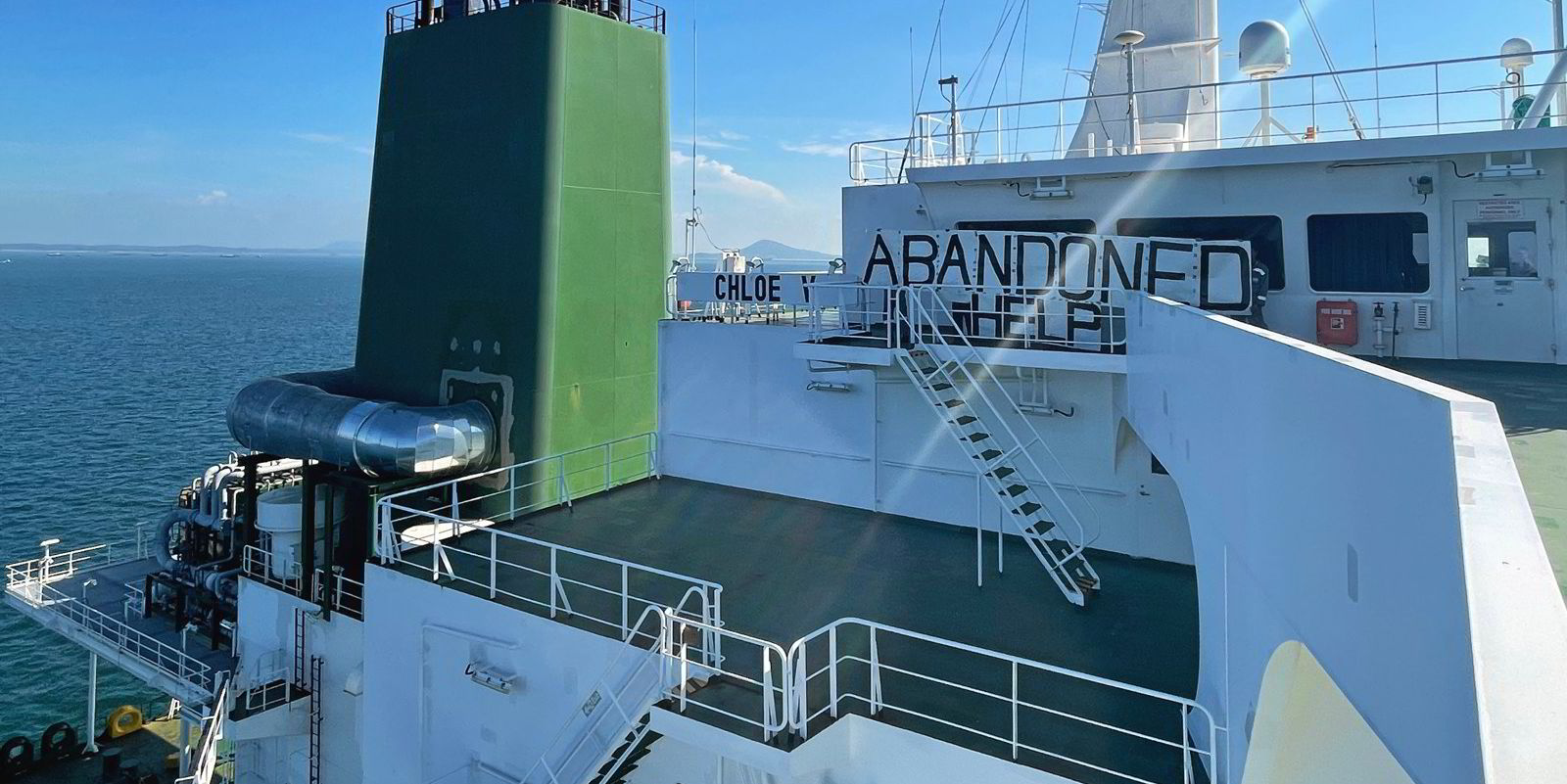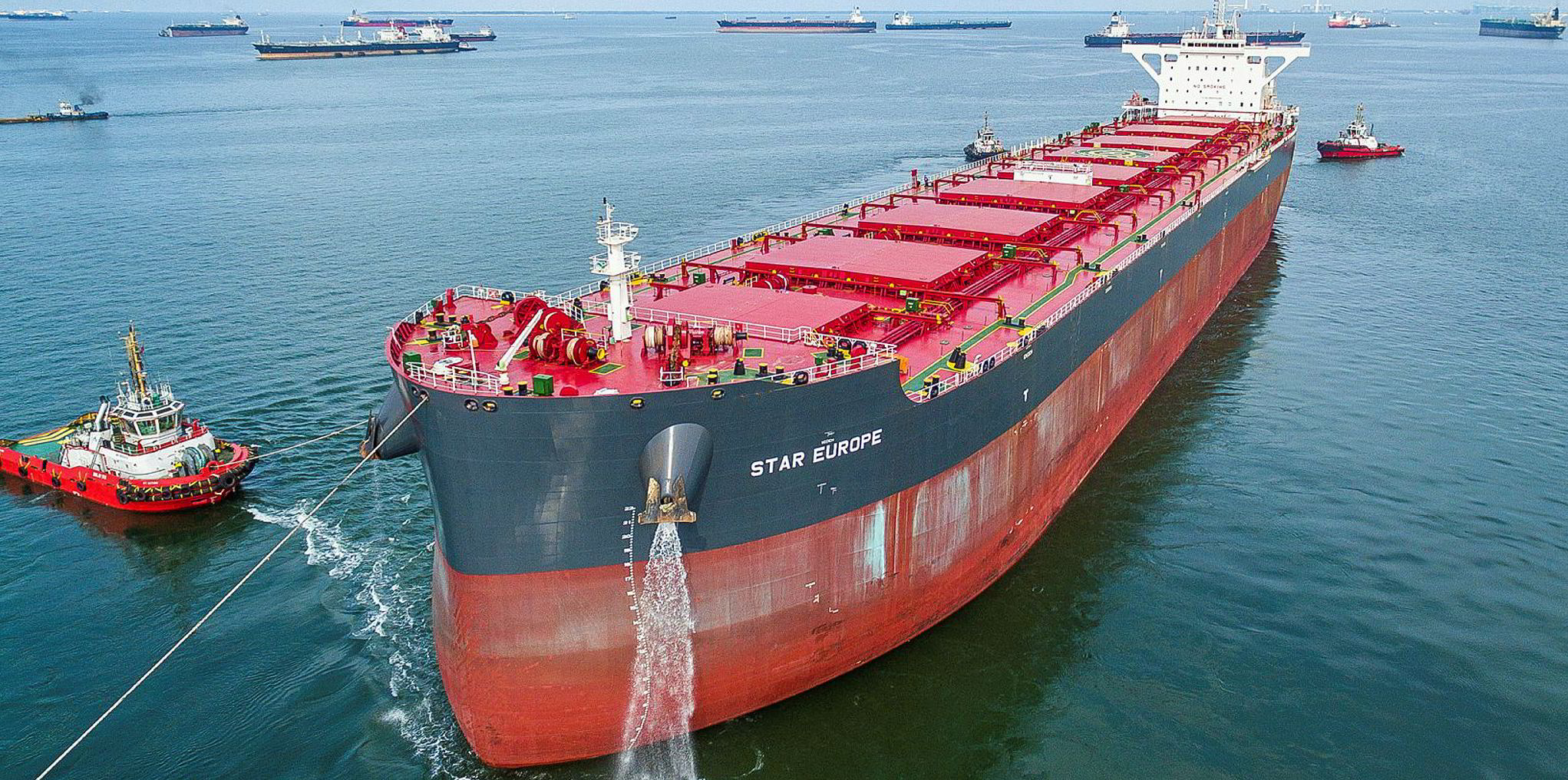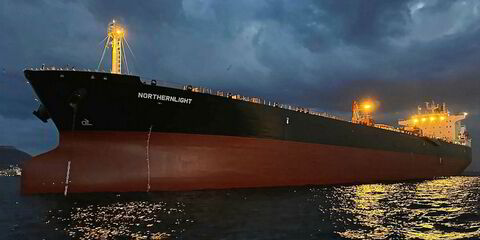Seafarer vaccination programmes against Covid-19 are making progress but there are significant bottlenecks, Intercargo says in its latest annual report.
The short supply has limited crews' access to vaccines, according to the organisation that represents owners controlling about one-quarter of the global dry bulk fleet.
"Ensuring access to the second dose of the vaccine remains a challenge and, in many cases, there is a significant gap between the two doses for seafarers," Intercargo said.
It called on governments to improve vaccination coordination, particularly in Asia, which it says should follow the example of US ports, and some in Europe, of offering jabs.
"Coordinating a worldwide vaccination programme for seafarers is an urgent priority," Intercargo chairman Dimitris Fafalios told members in London last week.
"Urgent action outside the maritime sphere is needed by government leaders at the highest level."
The organisation expressed particular frustration with the way authorities are handling deaths on board vessels.
"Families continue to face immense hurdles in having the bodies of their loved ones repatriated," the report said.
The document does not provide relevant statistics.
However, reliable sources told TradeWinds that they have direct knowledge of at least 10 such cases since the start of the pandemic, and said the actual number is probably much higher. "There must be dozens," one industry representative said.
Between March and June, TradeWinds reported on 11 seafarer fatalities in which coronavirus was confirmed or suspected to be the cause of death.
Authorities are said to be particularly inflexible in the Far East. To make matters worse, the Covid-19 crisis has also had the perverse effect of inhibiting repatriations even of those who have died of other causes.
In a case that TradeWinds brought to light in July last year, a bulker sailed around the world for more than three months with the frozen body of a seafarer before finding a country that would accept the corpse on land.
Port authorities and coastguards in more than a dozen countries approached by the 180,700-dwt Star Europe (built 2016) had refused to allow disembarkation.
Even though the 48-year-old seaman had died of heart failure, authorities denied disembarkation, citing a lack of medical facilities on board to conduct coronavirus tests on the body or the crew.
